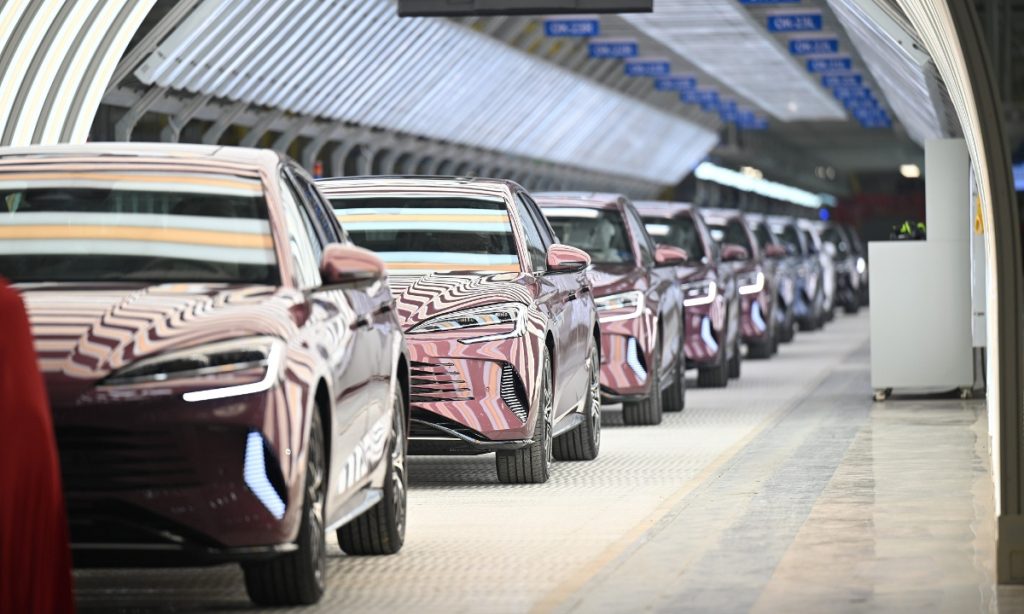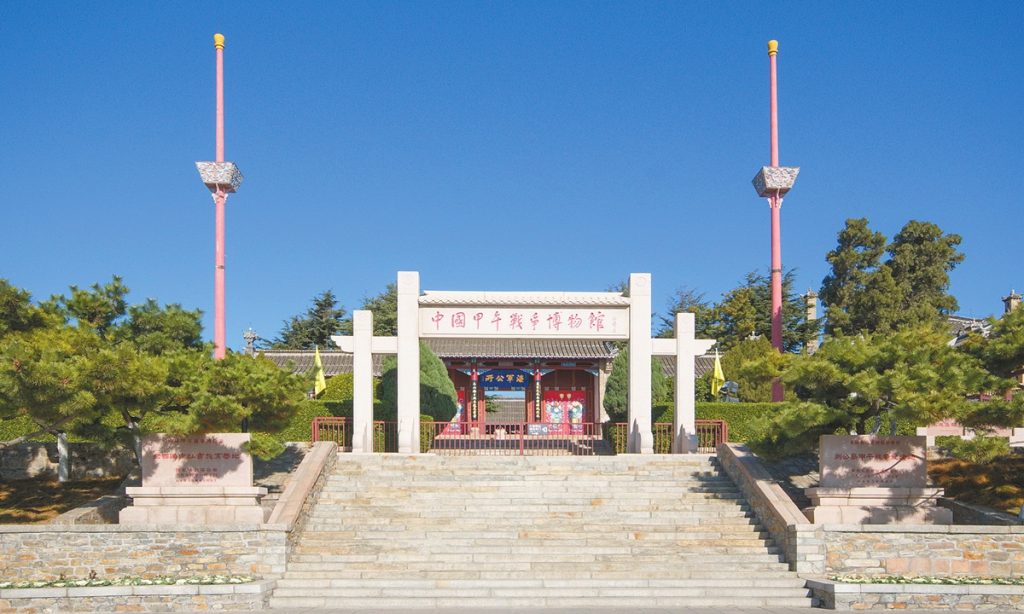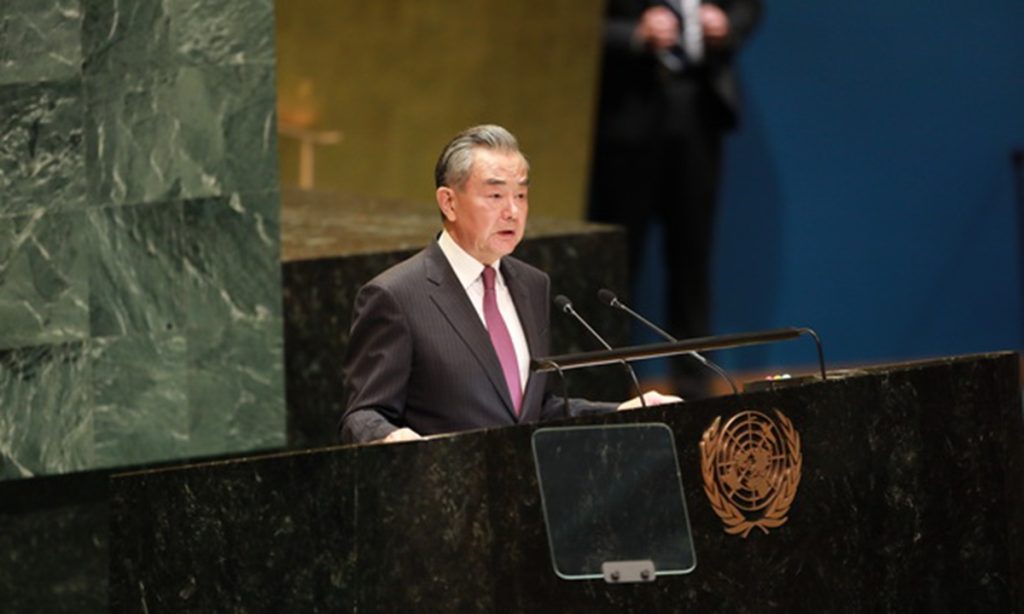Yangtze River Cultural and Artistic Season opens to promote millennia-old cultural heritage

The Yangtze River Cultural and Artistic Season officially commenced in Wuhan, the capital city of Central China's Hubei Province, with a spectacular opening ceremony on Saturday night, featuring a dazzling fireworks display, a heart-stirring drone performance, and a vibrant light show along the Yangtze River banks. The event committee stated on Sunday that a series of cultural events are scheduled to take place during the season to better promote the culture and history of the Yangtze River.
During the opening ceremony, thousands of drones fluidly changed formations in the sky, showcasing landmarks from China's thirteen provinces, autonomous regions, and municipalities along the Yangtze River, including the Three Gorges Dam in Hubei and Hongya Cave in Southwest China's Chongqing Municipality.
Fireworks lit up the night sky, creating a poetic and picturesque scene, prompting locals to capture the moment with their smartphones.
"I could deeply feel the profound cultural heritage of the Yangtze River basin, and I'm proud to live by the Yangtze River," said a 70-year-old resident surnamed Zhang, according to the report of people.cn.
On Sunday, the organizing committee of the Yangtze River Cultural and Artistic Season published a "Thank you" letter to the citizens of Wuhan on a local WeChat public account. The letter emphasized the season's goal of preserving the Yangtze River's cultural legacy and creating a platform for exchange, highlighting its millennia-old cultural heritage.
The committee expressed gratitude to the people of Wuhan for their enthusiastic participation, which has made the city "more vibrant and charming." The letter praised the local community for their "civility, hospitality, and orderly conduct," which have enhanced Wuhan's image as a civilized city.
According to the letter, the Yangtze River Cultural and Artistic Season will last for two months, featuring themed art exhibitions, film weeks, stage art exhibitions, choir weeks, reading weeks, literature weeks, and intangible cultural heritage exhibitions, showcasing the essence and charm of the Yangtze River culture.
Pan Junjie, the person in charge of the film week, told the Global Times on Sunday that over 100 films, including blockbusters like The Wandering Earth series and The Battle at Lake Changjin, and documentaries related to Yangtze River culture, have been aired at more than 400 locations across Hubei Province.
He add that a 3D documentary, New Three Gorges, will be launched on Thursday to further promote the culture of the Yangtze River.
One of the highlights during the event is that the Yangtze River Culture Institute was inaugurated on Saturday. The institute aims to promote the creation and dissemination of cultural products and symbols that embody the values of Yangtze River culture.
Huang Taiyan, a research fellow from Wuhan University, pointed out at a seminar that the Yangtze River culture is one of the most representative and influential cultures of Chinese civilization, containing the civilization genes of the Chinese nation and irrigating the common spiritual homeland of the Chinese nation.
He expressed hope that the institute could become "a key international communication base for Chinese culture," according to a document the local publicity department sent to the Global Times on Sunday.



